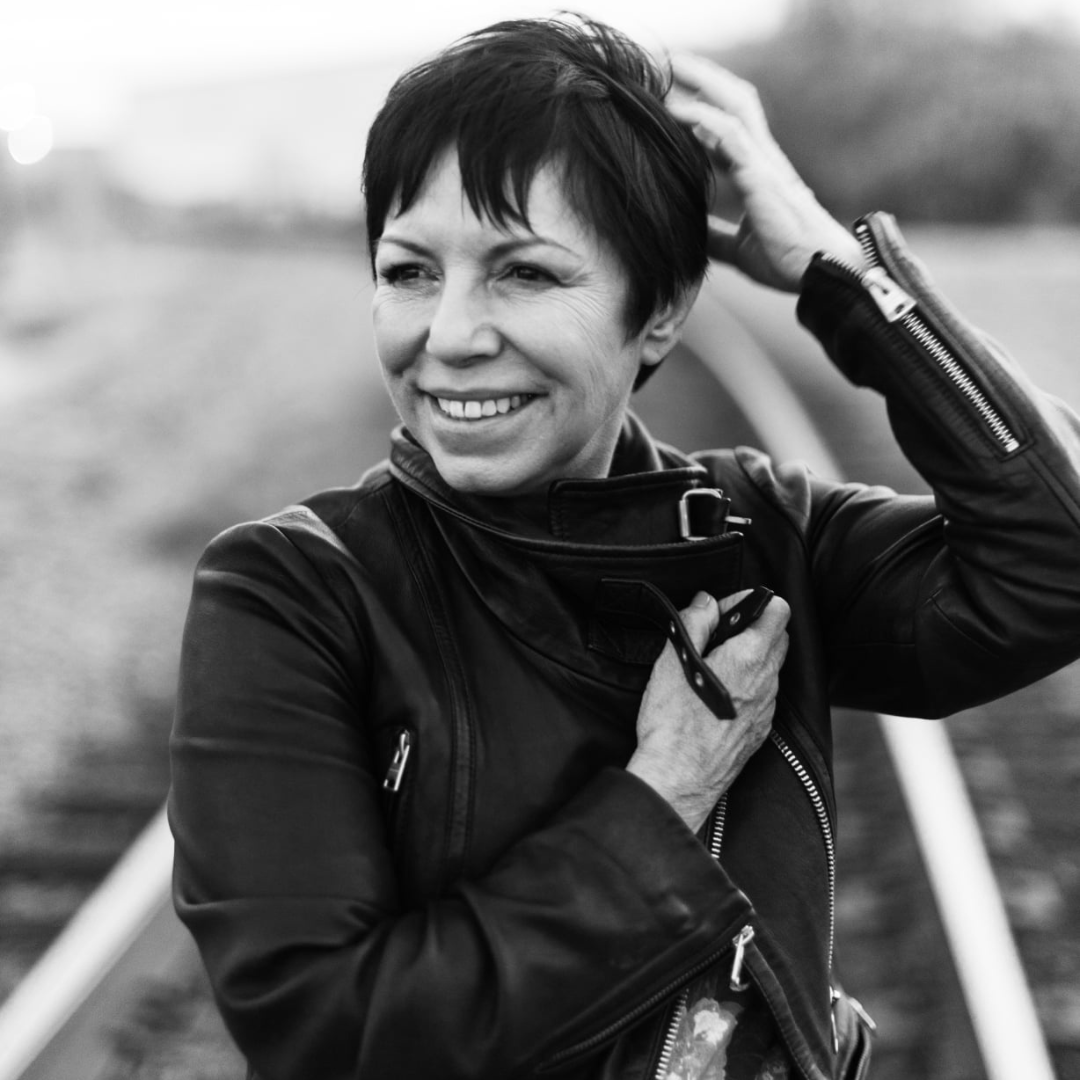The Mountain Studies Lecture Series
The Mountain Studies Lecture Series was born out of the 2019 International Mountain Studies Symposium, hosted by the Center for Appalachian Studies. The one-day academic event brought together international scholars specializing in mountain studies across the globe to engage with students, faculty and the community at Appalachian State University's Boone campus.
Read more about the history of the Mountain Studies Lecture Series.
2024 Mountain Studies Lecture
Lecture: "After the Ashfall: What Ancient Environmental Disasters Can Tell Us About Human Attachments to the Landscape" with Dr. María Nieves Zedeño
Date/Time: Due to the devastation from Hurricane Helene, the 2024 Mountain Studies Lecture, originally scheduled for Wednesday, October 9, 2024, at 7 p.m., was postponed.
Format: In Person
Location: I.G. Greer Auditorium, Appalachian State University (401 Academy Street, Boone, NC 28608)
Description: In 1815 Tambora, a volcano in a small Indonesian island east of Java violently erupted, killing untold numbers and incinerating villages and crops. This eruption, which historian Gillen D’Arcy Wood compares to that of Mount Mazama (now known as Crater Lake, Oregon) 7,600 years ago, not only blackened the sky and reshaped the island landscape, but also disrupted climate patterns and living conditions around the globe. Yet, there is an intense connection between people and erupting volcanos that defies scientific logic. As we live in a world fraught with ever worsening environmental disasters, we reflect on how ancient people in North America coped with various known disasters, especially the Mazama eruption and its aftermath, why they returned to denuded ancestral landscapes and what valuable lessons they may teach us to find avenues for social action.
Details: This event is free and open to the public with no ticketing or registration. For a disability accommodation, visit odr.appstate.edu.
Host: The Appalachian State University College of Arts and Sciences
Questions? Please contact the College of Arts and Sciences at cas@appstate.edu or (828) 262-3078.

About Dr. Zedeño
Dr. María Nieves Zedeño is a Professor of Anthropology at the University of Arizona.
Since 1994, she has devoted her research to Applied Archaeology with Native Americans in several regions of the United States and Canada, and especially with member tribes of the Blackfoot Confederacy. Her research focuses on landscape theory and method, mobile hunters and, most recently, the peopling of the Rocky Mountain West.
Zedeño co-directs the interdisciplinary Blackfoot Early Origins Program, which integrates oral tradition and science.